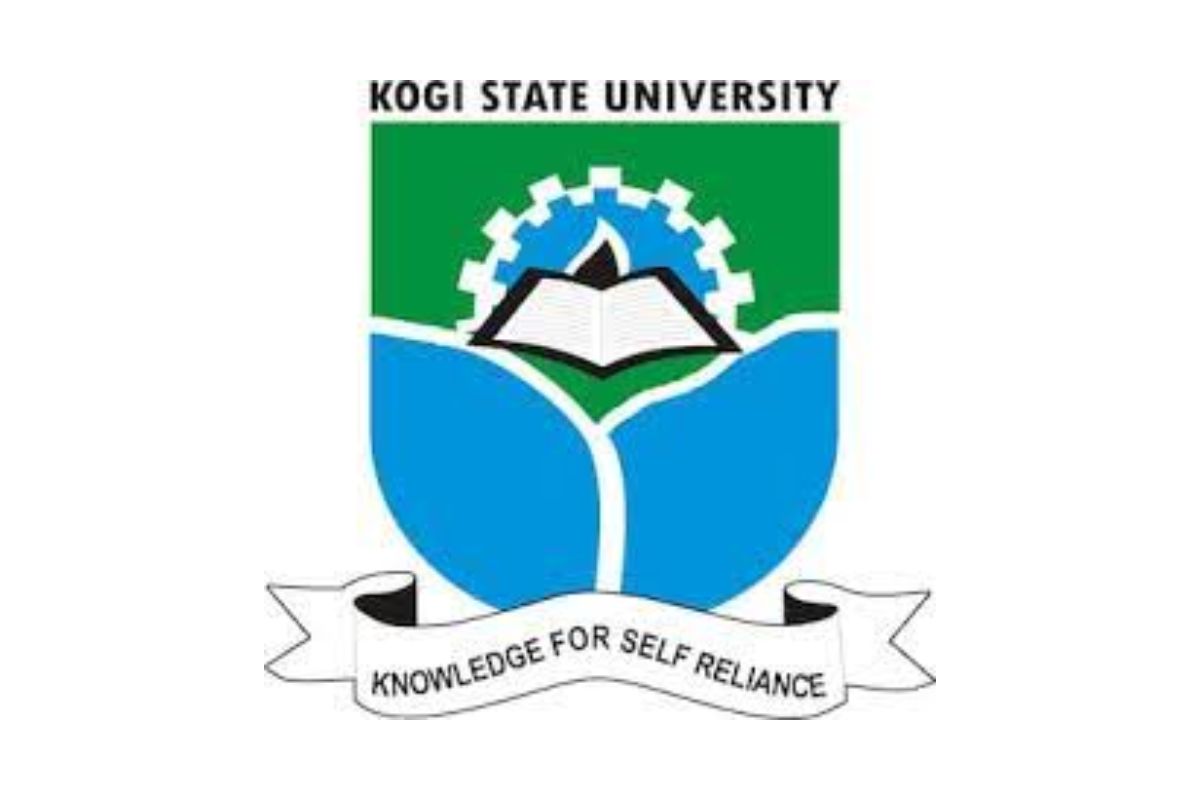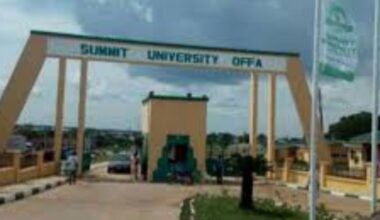In Nigeria, the only thing more predictable than NEPA taking light mid-football match is ASUU going on strike just when students have finally settled into school. If there were a Nobel Prize for “Most Recurring National Drama,” ASUU strikes would have collected more trophies than the Super Eagles’ near-miss AFCON campaigns.
At this point, parents don’t even ask if there will be a strike—they ask when. But beyond the banter and memes, the current wave of academic unrest points to deeper systemic issues that continue to paralyse Nigeria’s public university system.
The Academic Staff Union of Universities (ASUU), one of Nigeria’s most influential academic unions, has once again reentered the spotlight with fresh strike actions shaking the tertiary education system. While past nationwide actions have brought Nigeria’s university system to a halt, the current situation is more fragmented, yet equally critical, signalling deepening cracks in the system.
Background: ASUU and Its Strike Legacy
Established in 1978, ASUU was formed to protect the interests of university staff and fight for adequate funding of the educational sector. Over the decades, it has become synonymous with long-running industrial disputes over unmet agreements with the federal government.
Strikes in 2009, 2013, 2017, and the notable 8-month-long shutdown in 2022 have disrupted thousands of academic calendars and affected millions of students. Central to many of these strikes is the unresolved 2009 FG/ASUU agreement, which promised improved funding, better pay, and autonomy for universities but remains largely unimplemented.
What’s Happening Now
In June 2025, ASUU’s Akwa Ibom State University (AKSU) branch declared an indefinite strike. Their grievances include non-payment of salaries, denial of certain allowances (such as domestic staff stipends), lack of postgraduate lecture payments, and the general failure to implement approved wage structures. This move followed a missed deadline for salary payment agreed upon with the state government.
Simultaneously, the national ASUU body, led by President Prof. Chris Piwuna, has issued fresh warnings. They demand the federal government revisit critical unresolved issues: unpaid salaries (particularly those withheld during the 2022 strike), earned academic allowances, revitalization funding, and the full adoption of the UTAS payment platform to replace IPPIS.
Although not yet a nationwide strike, many university branches are mobilizing for potential action, citing similar grievances and calling for urgent federal intervention.
Stakeholders’ Perspectives
ASUU maintains that industrial action is always a last resort, triggered by consistent neglect from both federal and state authorities. According to union leadership, efforts to reopen negotiations on the 2009 agreement have been ignored, with successive administrations offering only lip service.
The federal government, on its part, claims that budgetary constraints hinder immediate financial commitments. However, it has yet to propose a concrete plan for resolving the long-standing demands. No official meeting has been scheduled between ASUU and relevant government bodies since ASUU’s most recent national threat in May 2025.
In states like Kogi and Lagos, ASUU has raised alarms about alleged victimization of lecturers and suppression of union activities, further inflaming tensions.
Implications for Universities
Universities affected by the current strike actions are beginning to see ripple effects in their academic calendars. Exams and lectures have been suspended indefinitely in AKSU, with fears that other institutions may follow suit.
Beyond the calendar disruption, the strike has serious implications for staff welfare. Many lecturers report demoralization due to salary delays and lack of infrastructure, leading to brain drain and reduced research output.
The lingering neglect of the revitalization fund—a promised ₦150 billion injection into university infrastructure—has led to worsening learning conditions, outdated facilities, and stalled capital projects in many federal and state universities.
Impact on Students
For students, the effects are both immediate and long-term. Exams, project defenses, and admissions processes are all delayed. Many face prolonged stays in school, added financial burdens from extended rent and tuition costs, and increased uncertainty around graduation timelines.
Mental health concerns are also growing. Students who had only just resumed after the devastating 2022 strike now face renewed disruption. Some are considering dropping out, transferring to private universities, or even emigrating for more stable academic environments abroad.
Critically, the repetitive nature of these strikes is beginning to damage the global credibility of Nigerian degrees, affecting the job market and graduate opportunities.
What’s at Stake: The Unresolved Demands
ASUU’s central demands remain:
-
Full implementation of the 2009 agreement
-
Payment of withheld salaries from previous strikes
-
Release of earned academic allowances
-
Disbursement of the ₦150 billion revitalisation fund
-
Transition from IPPIS to UTAS for payroll management
-
University autonomy and improved governance
These demands, many of which were agreed upon years ago, remain unresolved due to political inertia, poor communication, and fiscal mismanagement.
Possible Pathways Forward
Experts and stakeholders agree that resolving the ASUU crisis requires more than temporary measures. Some proposals include:
-
Reopening talks using the Nimi Briggs and Yayale Ahmed renegotiation reports
-
Immediate release of partial funding to calm tensions
-
Independent monitoring bodies to oversee government’s implementation of agreements
-
A long-term education reform plan with stakeholder input, beyond just union-government duels
Critically, ASUU has called on President Bola Tinubu’s administration to make higher education a priority, warning that further neglect could lead to a system-wide collapse.
Nigerian universities affected by the recent ASUU strike actions in 2025:
Akwa Ibom State University (AKSU)
-
ASUU–AKSU branch declared an indefinite strike starting June 3–4, 2025.
-
Key demands: unpaid salaries, allowances (e.g., domestic staff, driver), implementation of the ₦80,000 minimum wage, postgraduate lecture fees.
-
This abrupt shutdown paused academic activities across both campus sites.
Other ASUU Branch Movements
Sokoto State University (SSU)
-
The SSU branch had initiated an indefinite strike earlier in early 2025 but suspended it by March 6, 2025.
-
This highlights the ebb and flow of regional ASUU activity beyond federal universities.
Kaduna State University (KASU)
-
The KASU branch briefly suspended its industrial action approximately three weeks ago, signallinga possible resolution on local issues.
Potential for Broader Spread
-
While no nationwide strike is currently in effect, other university branches are reportedly mobilizing in solidarity, citing similar grievances—unpaid salaries, withheld allowances, and unfulfilled agreements with both federal and state governments.
-
ASUU national leadership has warned that failure to address these issues could escalate into a full-blown national strike.
Summary of Affected Schools
| Institution | Strike Status | Notes |
|---|---|---|
| Akwa Ibom State University | Indefinite | Demanding salaries, allowances, wage implementation |
| Sokoto State University | Strike suspended | The earlier branch strike called off in March 2025 |
| Kaduna State University | Suspended action | Branch resolved local issues three weeks ago |
Conclusion
The current wave of ASUU strikes—whether isolated or spreading—shows that Nigeria’s public universities remain caught in a destructive cycle of agreements and betrayals. Without urgent action from all parties, students and institutions alike will continue to suffer, threatening the future of higher education in the country.
What remains clear is that students, the very future of Nigeria, are paying the highest price for the repeated failures of governance, negotiation, and commitment to educational advancement.







